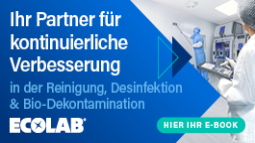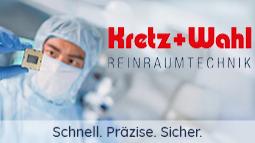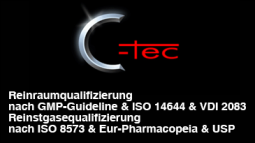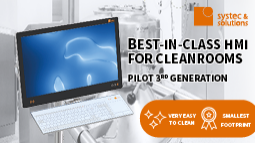







-
- New building
Hightech in Handarbeit - 1500 qm Reinraum für 190 Näherinnen
Artivion (Jotec) erweitert seine Produktionsstätte in Hechingen. Das US Unternehmen entwickelt und produziert weltweit Gefäßimplantate für die Aorta. An dem deutschen Standort werden patientenspezifische Lösungen für Herzgefäßerweiterungen hergestellt – und das zum Teil per Hand.
Wer denkt, dass Nähen ein e…




























